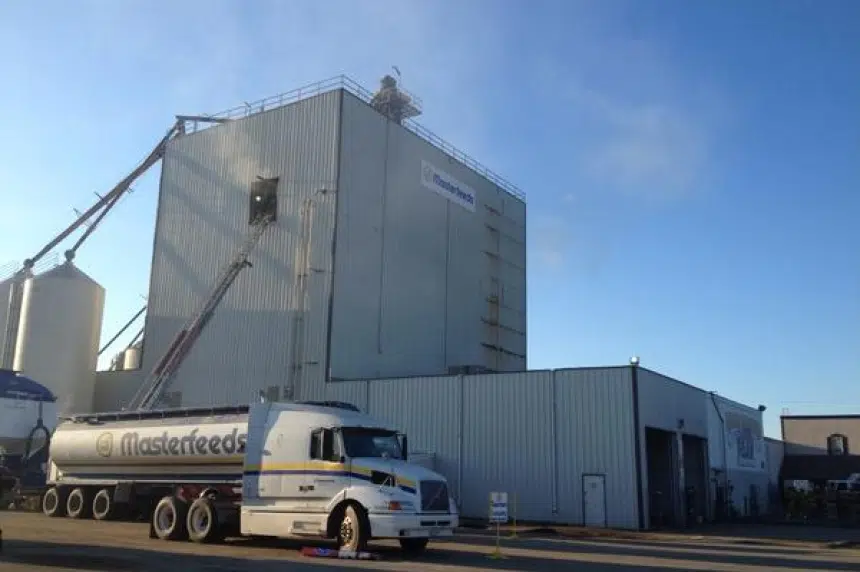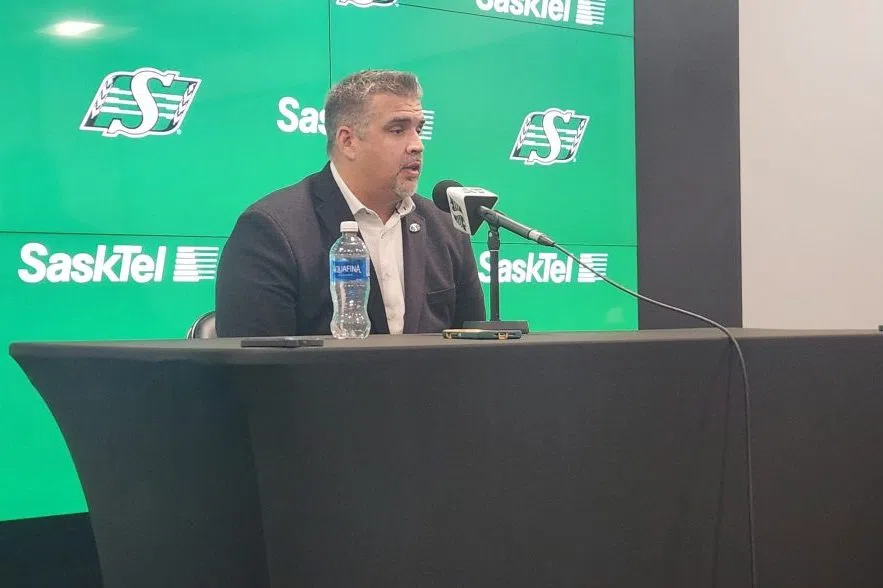Glenda-Lee Vossler, DiscoverMooseJaw.com
A lot of livestock producers are evaluating their options as their feed supply starts running low.
It doesn’t matter if you’re in the beef industry, or you work with bison, sheep or goats; trying to find extra feed right now is a challenge.
Les Kroeger runs Rosedale Bison at Hanley and says the quality of the grass is dropping with the extremely dry conditions, and is encouraging producers to look at putting out supplements to meet the animals’ nutritional needs going into breeding season.
“We’ve got a few different choices,” Kroeger said. “We can go with something as simple as whole oats. We can buy pellets in a package with minerals in them and that’s pretty cost effective right now. We can get some fairly decent quality pellets with a mineral package in them.
“We’re only looking at feeding about five pounds per day to the cows, so it’s not a huge amount, but that five pounds can go a long way on your grasses.”
He says if the animals aren’t in good condition at breeding time, it will impact next year’s calves.
Kroeger says another concern right now is water supply, as farmers didn’t see any runoff this spring and dugouts are running low.
Gord Schroeder is the executive director of the Saskatchewan Sheep Development Board and says the drought conditions we’ve seen have been devastating for some producers.
He says it’s discouraging at a time when the industry was set to take off, demand is good and prices are good, but they can’t feed their animals.
“A lot of the producers don’t know where they’re going to find feed,” Schroeder said. “We’ve had an expansion in the flock in the last couple of years, so that’s kind of discouraging for us, because we’ve seen some really heavy culling.
“We’ve talked to a number of producers that are looking at selling their flocks, because they’ve been three years of this dry, and they just don’t have any feed left. We’re a little concerned about animal welfare issues so we’re encouraging producers to take action sooner rather than later.”
He said one of the first calls should be to a nutritionist to see what can be done and what other feeding options are available.







